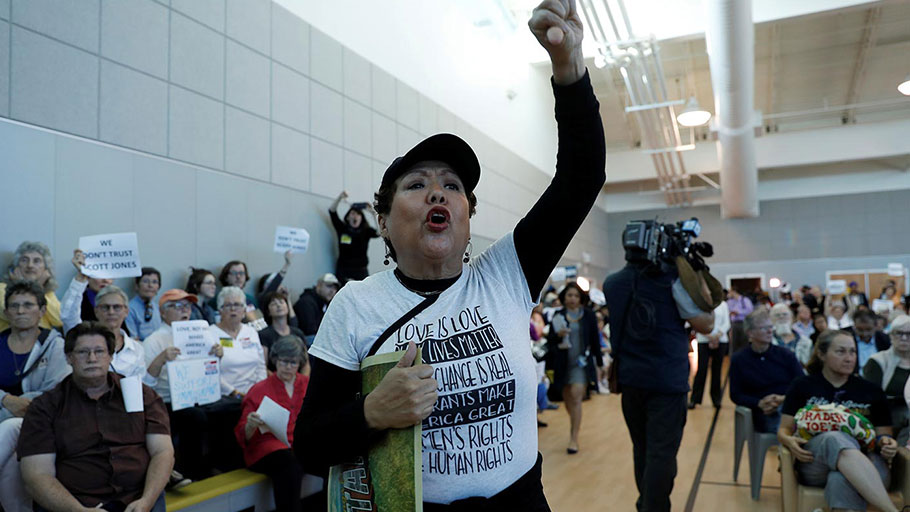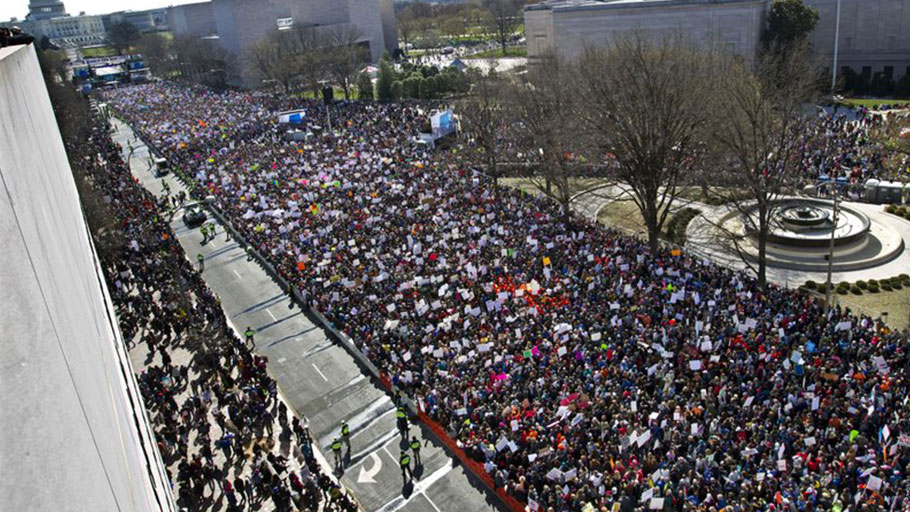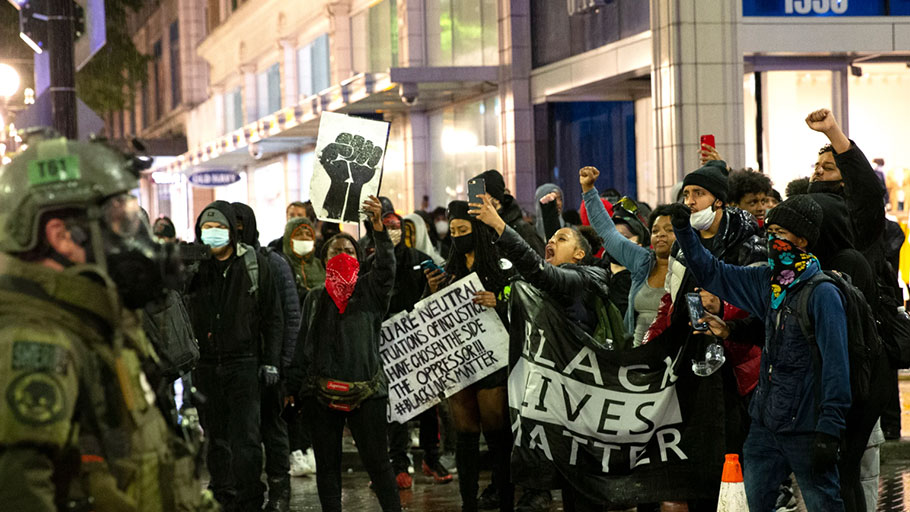
“My people are being killed.” By Sarah Emily Baum, Teen Vogue — Veteran organizers, like Nupol Kiazolu, the 19-year-old president of Black Lives Matter of Greater New York, are familiar with the ebbs and flows of a protest. She stood nose-to-nose with Nazis in Charlottesville. She’s fled law enforcement with rifle sights set on her chest. She knows it means risking her life, even before the COVID-19 pandemic ravaged the…

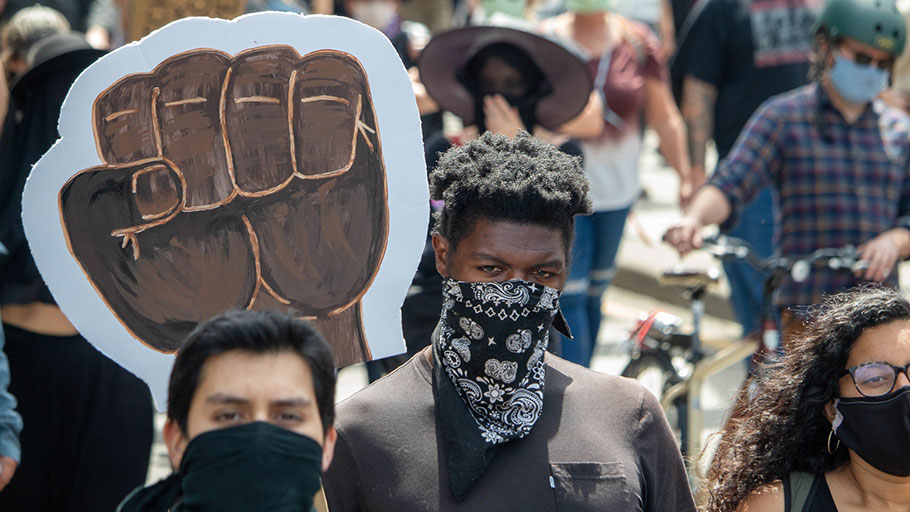
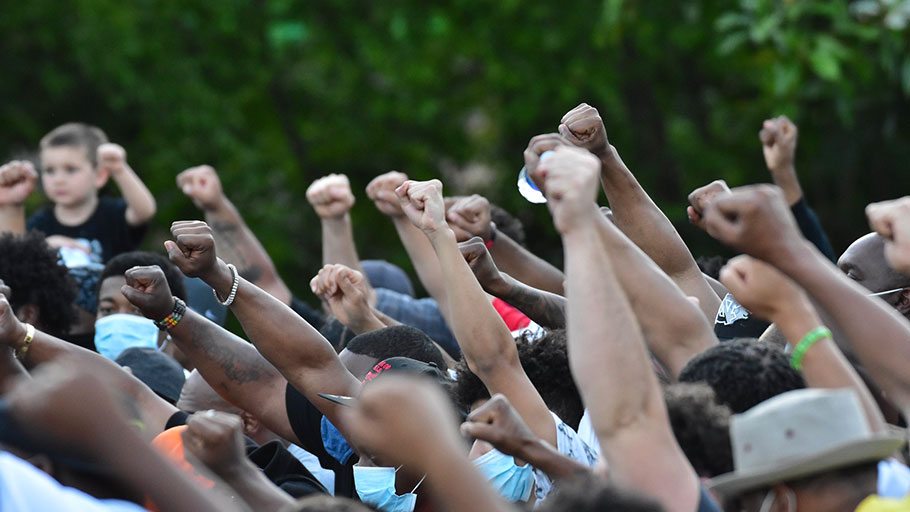
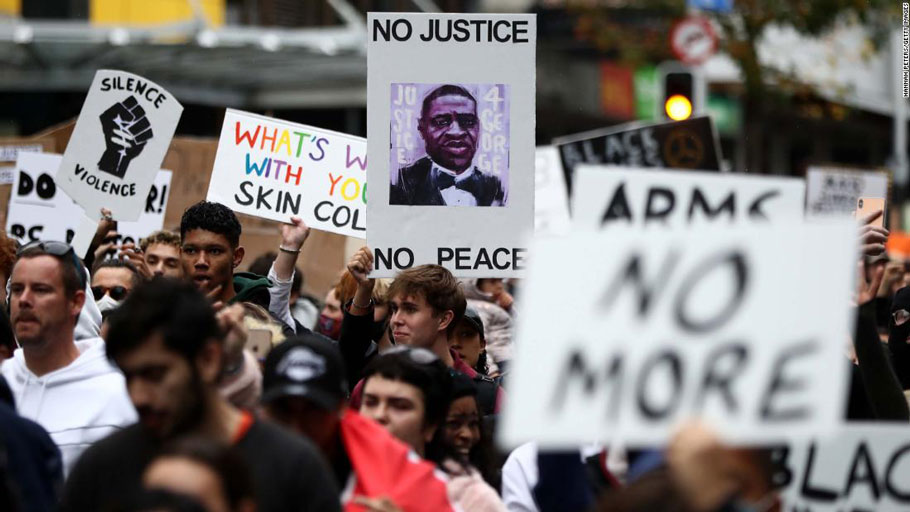
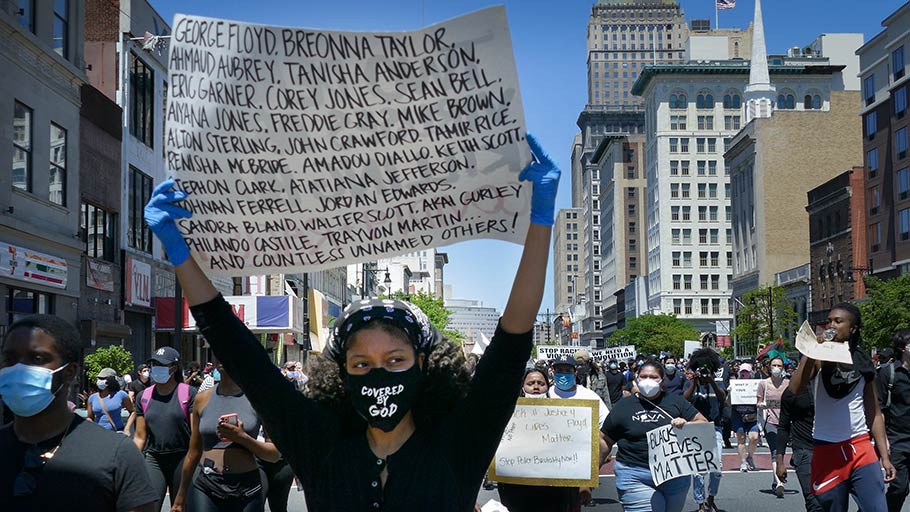
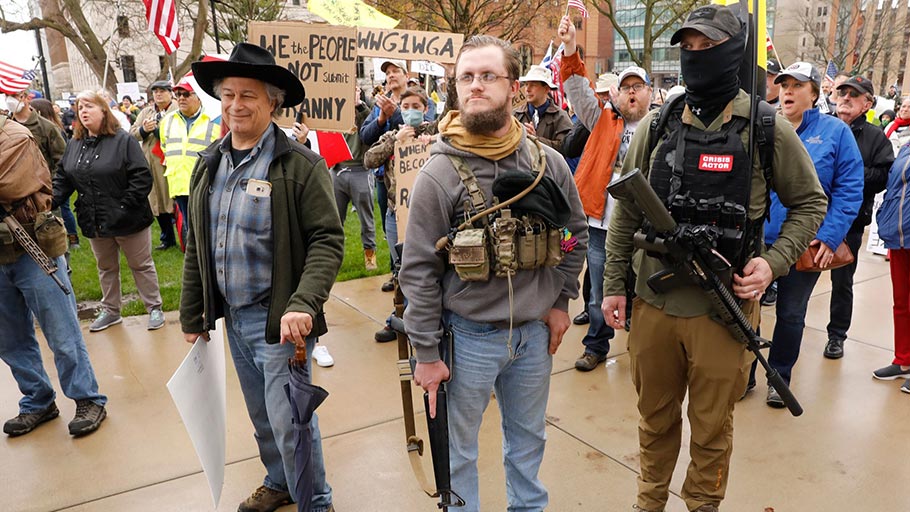
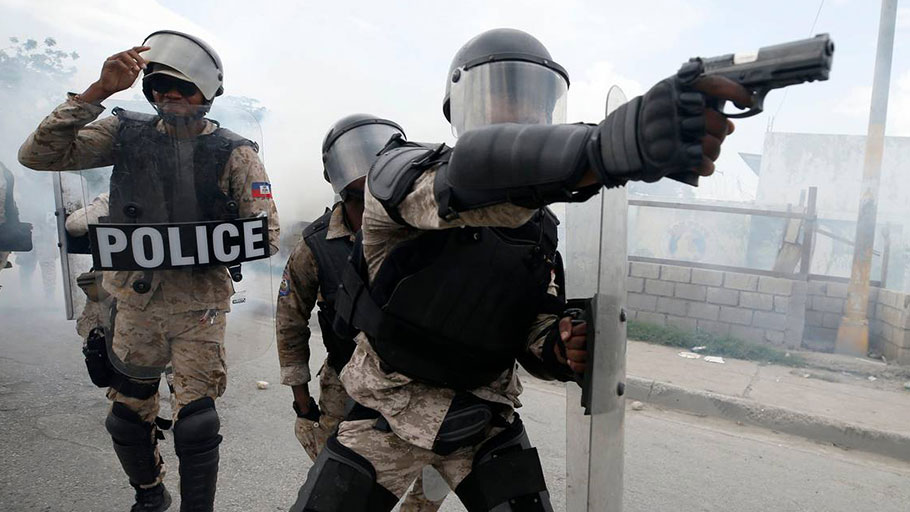
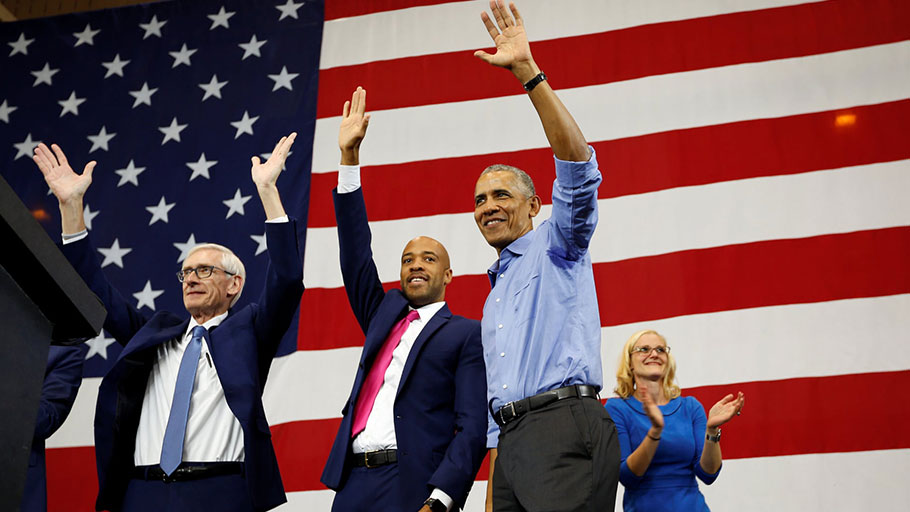
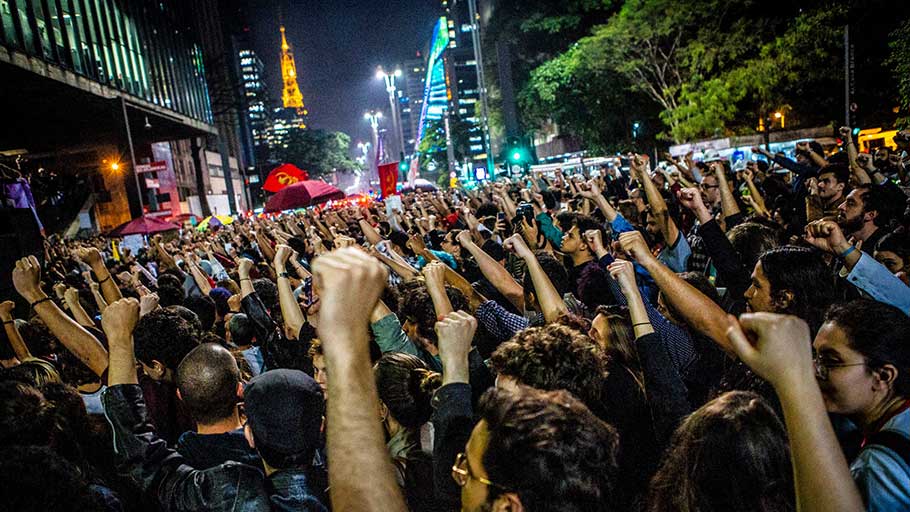
![A woman dressed as death stands in front of Honduran security forces during protests in the capital, Tegucigalpa, with a sign that reads, "JOH [Juan Orlando Hernández] our deaths are on your conscience.](https://ibw21.org/wp-content/uploads/2018/10/inside-the-corruption-and-repression-forcing-hondurans-to-flee-to-the-us-1.jpg)
